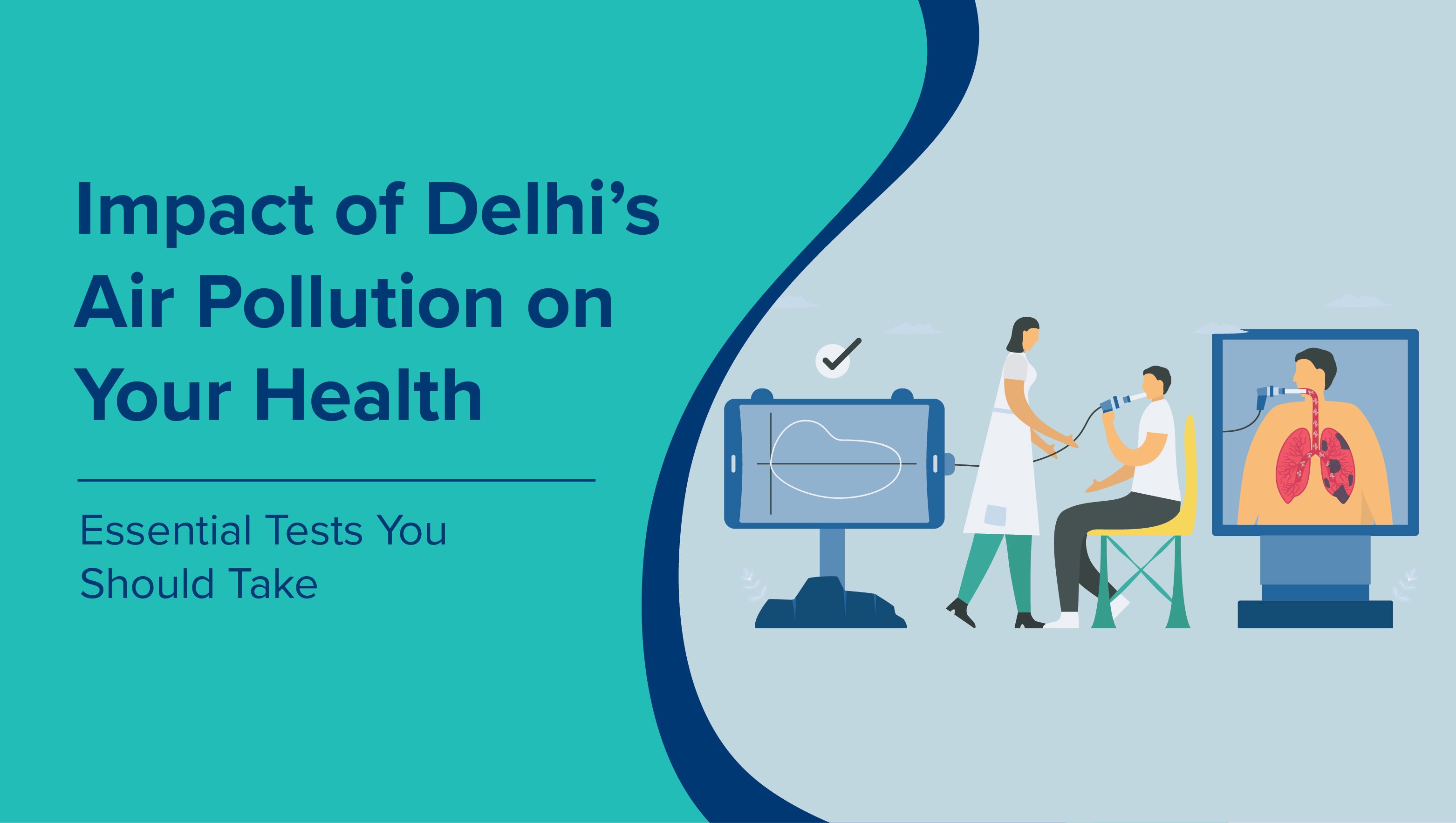Good health requires more than a reaction to disease after symptoms have been observed. In light of rising instances of lifestyle diseases and silent health dangers, individuals are likely to think about whether a full body check-up or a routine doctor consultation is ideal for proactive good health management. A proper comprehension of the difference, aims, and benefits of each will allow you to make an informed decision for your well-being.
Understanding Full Body Check-up
A whole body check-up (also referred to as a whole body check-up or complete body check-up) is an all-encompassing package of diagnostic tests and exams aimed at providing you with a complete overview of your overall well-being. Instead of checking one particular complaint, it screens several organs and systems to detect potential issues early—before they lead to symptoms.
What Does a Full Body Check-up Include?
- Blood work & urine analysis: Complete blood count (CBC), liver and kidney function tests, blood sugar, thyroid function panel, lipid profile, and others.
- Cancer screening tests: Prostate-specific antigen (PSA) in men, mammograms and pap smears in women by age/risk.
- Physical measurements: Waist-hip ratio, blood pressure, BMI.
- Health risk assessment: Background, lifestyle assessment, and customized risk assessment.
The tests that are included can differ based on your age, gender, family history, and practitioner. Some packages will include vitamin and hormone profiles and cardiovascular risk panes.
What Happens in a Regular Doctor Visit?
A typical doctor visit (problem-focused or general consultation) will generally include:
- Review of medical history: Present symptoms, present medical conditions, medications, allergies, and family history.
- Focused physical exam: Directed by your reported symptoms and age.
- Targeted tests: The physician can order targeted, focused tests on the basis of findings.
- Recommendations and directives: Interventions, follow-up evaluations, or precautionary measures as appropriate.
Routine visits to doctors work best for acute problems, chronic illness follow-up, medication changes, or symptom control—not for asymptomatic, routine screening.
Key Differences: Full-Body Screening vs. Regular Doctor Visit
|
Aspect |
Full Body Check-up |
Regular Doctor Visit |
|
Scope |
Broad, covers multiple systems |
Narrow, focused on current issues |
|
Purpose |
Early detection, health monitoring |
Symptom evaluation, treatment |
|
Frequency |
Annually or as advised |
As needed or for illness |
|
Who Conducts |
Multi-disciplinary/lab team |
Family physician/general doctor |
|
Inclusions |
Blood, urine, imaging, screening |
Physical exam, select tests |
|
Cost |
Higher upfront |
Lower per visit |
|
Customization |
Packaged, semi-custom options |
Highly tailored to complaint |
Who Should Consider a Full Body Check-up?
- Those who are older than 30 years, especially those with a sedentary lifestyle, a family history of chronic disease, or risk factors such as elevated blood pressure or weight gain.
- Individuals with silent health threats: High levels of stress, unhealthy eating, or no regular exercise.
- Individuals seeking preventive healthcare: Individuals placing priority on the early detection of illnesses for reassurance.
When routine check-ups are especially useful:
- No recurring symptoms, but would like an overall health summary
- After age 40, when risk of chronic diseases increases
- There should be a base to measure changes in future health against.
Who Benefits From Regular Doctor Visits?
Anyone with acute symptoms: Sudden pain, fever, cough, digestive issues, or injuries.
-
Chronic disease management: Diabetes, hypertension, asthma, thyroid disorders, or heart conditions.
-
Medication adjustments: Reviewing dosage, side-effects, or refills.
-
Post-treatment monitoring: After hospital discharge or procedures.
-
Health advice: Immunizations, sexual health, travel medicine.
Which One Do You Need: Consider These Scenarios
- You are healthy but you want to know about your chances of upcoming problems:
Choose a holistic medical check-up of pre-emptive screening.
- You have recurring and painful symptoms (e.g. headache, chest pain, cough):
Your physician should give you a special assessment.
- You are more likely to be at risk (family history, obesity, and smoking):
Carry out proper physical check-up and supplement the same with frequent visits.
- You are suffering from chronic illness:
You should utilize routine check-ups to receive routine care if the scenario includes chronic illness. Add full screening to monitor the whole body as recommended
Advantages of Full Body Check-up
- Early Disease Detection
The majority of the diseases including diabetes, hypertension, and some types of cancer have no observable symptoms at the start of their development. By the time they develop symptoms, the illness is often well advanced. A general health checkup detects risks before they are dangerous, with early intervention.
- Preventive Health Insights
Get a report of your cholesterol, liver, kidney function, vitamin deficiencies, and even heart disease risk factors, all in one go. This aids in planning diets, exercise, or medication beforehand.
- Long Term Economically Sustainable
It may seem to be unreasonable to pay a lot of money to get a full body check-up (in India, basic may cost Rs 900 and high-end packages Rs 6,000 or even more), but this could prevent the need to pay even a higher cost in case of emergency treatment and hospitalization because the problem is traced in accordance with its development.
- Genetic and lifestyle counselling
Counseling services which are meant to cover the populations at high risk are incorporated in many health screening packages with personalized recommendations through screenings.
Significance of Regular Medical Check-Ups
- Prompt relief and focused treatment: Address acute health problems promptly.
- Personalized management: Ongoing adjustment of treatment approaches for chronic health conditions.
- Continuity of care: Your physician monitors your progress and medical history over time, spotting trends or developing risks early on.
- Trust and rapport: Your family physician understands your personal needs and can refer you.
Full Body Check-up Price: What to Expect
Factors Affecting Cost
- The number and complexity of tests included (basic vs. advanced panels)
- Geographic region and lab quality
- Inclusions like home sample collection, teleconsultations, or doctor review
Typical Price Range in India (2025)
|
Package Type |
Number of Tests |
Price Range (INR) |
|
Basic |
40-60 |
Rs 800 – Rs 2,000 |
|
Standard/Smart |
60-80 |
Rs 1,500 – Rs 3,500 |
|
Comprehensive/Advanced |
85+ |
Rs 3,000 – Rs 6,000 |
|
Add-ons (Vitamins, Hormones, Cancer Markers) |
Pack or per test |
+Rs 200 – Rs 2,000 |
Discounted rates, periodic offers, and annual health packages may lower costs further.
How Often Should You Need a Full Body Check-up?
- Ages 20–30: Usually every 1–3 years unless risk factors or symptoms are present.
- Ages 30–40: Annually for most adults.
- Ages 40 and older: Every year; high-risk patients can opt for every 6 months.
- With chronic illness: As recommended by your doctor, occasionally every 3–6 months.
Refer to your doctor's advice regarding individual screening timetables.
Do Everyone Need Comprehensive Check-ups?
Not necessarily. For healthy young adults with no risk factors, annual complete body check-ups are not necessarily needed. However, check-ups are more useful with growing age, risk factors, or family history. Always find out from your doctor what is best for your case.
Limitations and Considerations
- False positives caused by over-testing are not only stressful but they are followed by other expensive test procedures.
- Nothing can replace medical management: Screenings can not substitute regular care by your personal physician who places results in perspective.
- It should be personalized: The best practice is to use full-body panels but it is always better to personalize it based on your age, gender, lifestyle, and medical background.
- Take the results to heart: any problem identified can only be helpful in that it should be acted upon-check with your doctor on any abnormal results.
When to Choose Each Option: A Quick Guide
|
Situation |
Best Option |
|
Feeling well, want preventive check |
Full body check-up |
|
New or persistent symptoms |
Regular doctor visit |
|
Chronic illness management |
Regular doctor visit |
|
Age above 40, no recent screening |
Full body check-up |
|
Risky lifestyle (smoking, sedentary, high-stress) |
Full body check-up |
|
Medication change or side effects |
Regular doctor visit |
Merging Both Techniques for Better Well-Being
It is not possible to choose just one for your optimal health - full body check-ups or frequent doctor visits are optimally utilized when combined together. Apply full body check-ups for prevention and early warning, and visit your physician for individualized advice, acute issues, and chronic management.
Tips for a Balanced Approach
- Schedule an annual or bi-annual full check-up depending on risk and age.
- Keep regular contact and follow-ups with your general practitioner.
- Maintain a duplicate of your medical records, and notify your physician of all findings for an overall picture.
- Take action promptly on any suspicious findings or leads.
Key Takeaways
- A complete body check-up monitors your general health and detects dangers before symptoms arise, but it must be adjusted according to your risk factor and age.
- Regular consultations with doctors are necessary to monitor chronic conditions and address symptoms.
- The combination of both models is the optimal way to achieve proactive, comprehensive healthcare.
- Assess frequency, cost, and content of health screenings within the framework of your wellness plan.
Your body is your most important investment. Whether you get a whole body check-up, periodic physician visits, or both, being proactive is the greatest investment you can make in your own future health.















